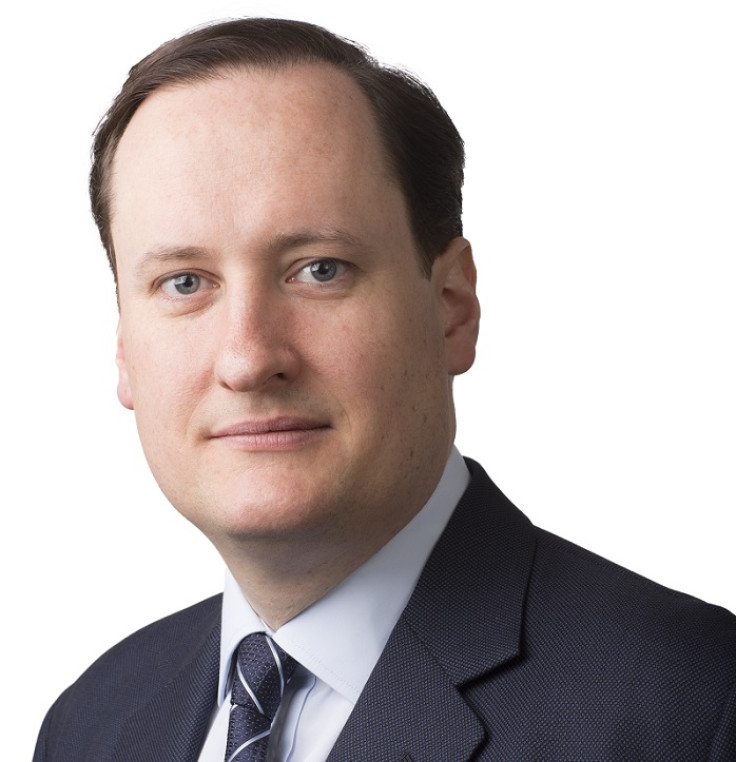Norton Rose Fulbright considers the legal status of smart contracts

The term "smart contracts" is becoming synonymous with the second generation of blockchains and an automated capacity to change what had been thought of as - until now - largely static relations between participants to a wide range of existing legal and commercial arrangements.
Some clearer definition of smart contracts and their status in law may be needed. Norton Rose Fulbright is known to be far ahead in its analysis of blockchains and cryptocurrencies. The firm's global technology and innovation team, which includes partner Sean Murphy and consultant Michael Sinclair, is set to publish a detailed paper on the legal and regulatory considerations for the use of smart contracts in the first quarter of next year.
Murphy said that "the interesting thing about smart contracts is that they are self-performing and operate in combination with the blockchain. This enables them to move information of value on the blockchain between parties. That makes them potentially a very powerful and interesting tool."
He noted that care is needed because a "smart contract" is something of a term of art. "In some respects it's unhelpful that the term has the word 'contract' in it. At least for lawyers, we have a very particular understanding of what a contract is. For example, lawyers are used to dealing with written contracts at least 20 to 30 pages long, with lots of carefully negotiated clauses.
"Maybe one day the smart contract industry will get to the point where you could entirely codify that type of contract and it would be hermetically sealed.
"But that isn't where the industry is today. Where the industry is at the moment, or is close to being, is more like 'smart processing': codifying simple contracts or processes and attempting to automate them on blockchains."
Smart processes
Murphy gives Nick Szabo's example of a vending machine as predetermined series of events kicked off by adding value to the system – it's more sensible to describe this as a process than as a contract.
"That is where the industry is at. However, smart contracts are still potentially a very powerful tool because they allow people to automate a lot of things that are done manually now, or are currently dependent on independent third parties to perform. That's why financial institutions and technology companies are very interested in this technology."
A common quip in relation to smart contracts is that these will bring about the end of lawyers, at least lawyers that don't understand computing code.
Murphy said: "I think it is possible that understanding code may be a service offering that lawyers will want to provide in the future.
"It depends on how the smart contract industry evolves. It goes back to my point about smart contracting versus smart processing. The more sophisticated the smart contract becomes, the more likely it is that clients are going to want to understand what the code is doing, and to ensure that the code is doing what they think it is doing.
"For example, if you have got written terms and conditions, that's what clients will look at. If they are agreeing to a smart contract, how do they know that the code will do what it says it will do?
More sophisticated clients may require lawyers who can read code to confirm that the code does what the smart contract says it's going to do."
Michael Sinclair said that smart contracts may create new legal challenges. "For instance, with the arrival of the Internet some observers wondered whether contracts online might not involve law or were somehow outside the ambit of law. We know of course that, not only does law absolutely apply to those kinds of contracts, but also that it has actually made the involvement of lawyers and dispute resolution quite a lot more complicated."
Despite there being potentially some quite difficult legal and regulatory issues in relation to smart contracts and blockchain technology, the Norton Rose Fulbright team pointed out that a deep examination of such issues is not on the agenda for many startups - yet.
Bootstrapping and tyre-kicking
Murphy said: "Most of the development appears to be taking place in start-ups, and being start-ups, they are bootstrapping. So they want to focus on the technology, and they don't want to spend significant amounts of money on a deep dive on the legal and regulatory implications of blockchain applications and smart contracts.
"The banks will probably be the first institutions to do so. They are not doing that yet because this technology is being sandboxed at the moment. Banks are experimenting with it and determining whether it works from a technical perspective.
"Once banks are satisfied that it works from a technological perspective, that's when they will focus on the legal and regulatory issues."
© Copyright IBTimes 2024. All rights reserved.






